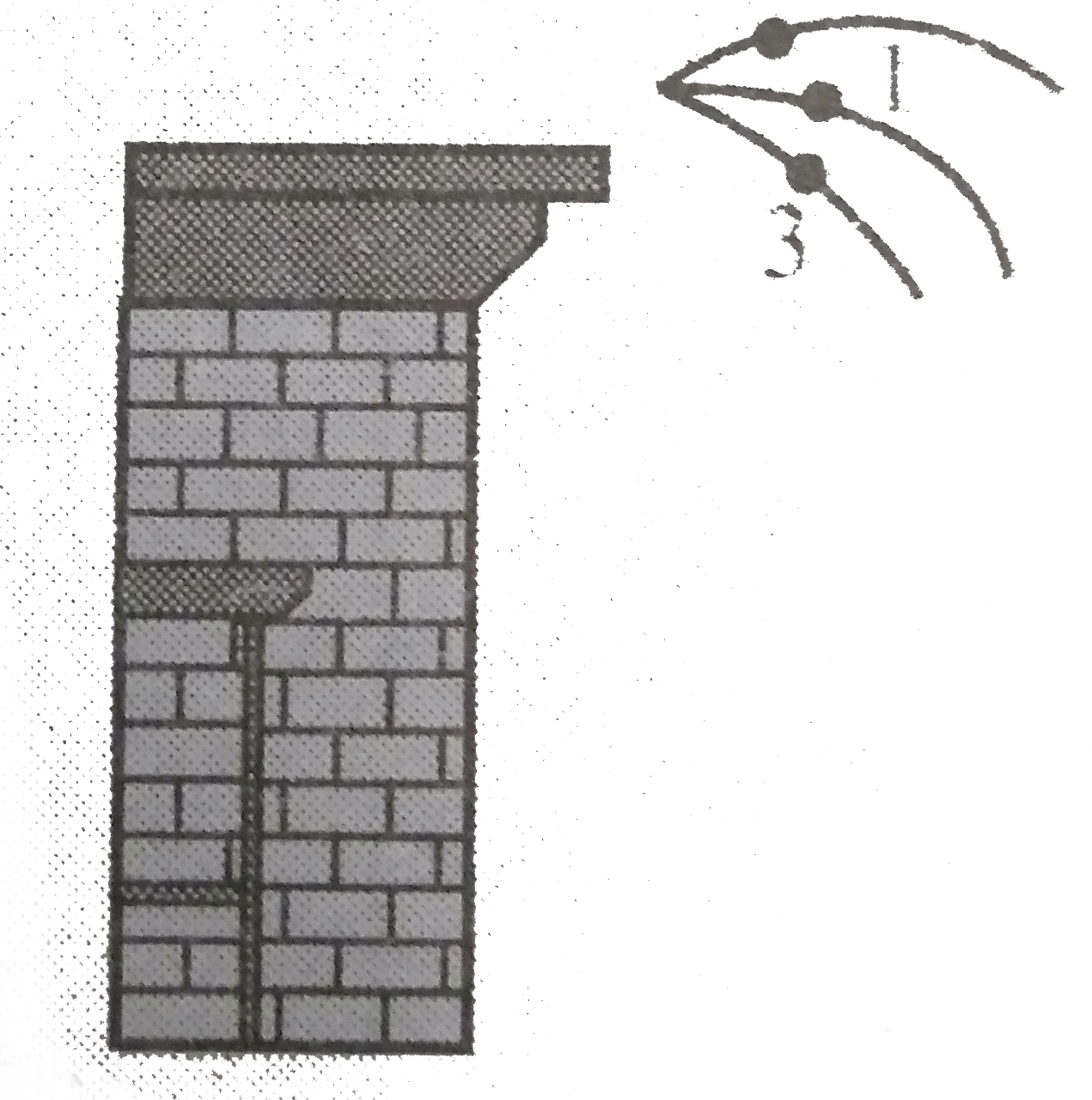Ultrasonic, infrasonic and audio waves travel though a medium with speeds and respectively then :-
are equal
The correct Answer is:A
Step by step video, text & image solution for Ultrasonic, infrasonic and audio waves travel though a medium with speeds V_(u), V_(i) and V_(a) respectively then :- by Physics experts to help you in doubts & scoring excellent marks in Class 12 exams.
Updated on:21/07/2023Topper's Solved these Questions
- RACEBOOK - ALLENCHAPTER - RACEEXERCISE - Basic Maths (Wave Motion & Dopplers Effect) (Superposition of waves interfarence, beats)
15 Videos
- RACEBOOK - ALLENCHAPTER - RACEEXERCISE - Basic Maths (Wave Motion & Dopplers Effect) (Stationary waves & doppler effect, beats)
25 Videos
- RACEBOOK - ALLENCHAPTER - RACEEXERCISE - Basic Maths (Oscillations) (Simple pendulum and types of SHM)
17 Videos
- NEWTONS LAWS OF MOTIONBOOK - ALLENCHAPTER - NEWTONS LAWS OF MOTIONEXERCISE - EXERCISE-III
28 Videos
- SIMPLE HARMONIC MOTIONBOOK - ALLENCHAPTER - SIMPLE HARMONIC MOTIONEXERCISE - Example
1 Videos
Similar Questions
Three identical balls are thrown from the top of a building, all with the same initial speed. As shown in figure., the first ball is thrown horizontally, second above horizontal level, and third at an angle below the horizontal. Neglecting air resistance, rank the speeds of the balls at the instant each hits the ground.

View SolutionA transverse wave y=Asinω(xV1−t) is travelling in a medium with speed V1. Plane x=0 is the boundary of the medium. For x>0 there is a different medium in which the wave travels at a different speed V2. Part of the wave is reflected and part is transmitted. For x<0 the wave function is described as y−=A1sinω(xV1−t)+A2sinω(xV2+t) while for x>0,y+=A3sinω(xV2−t)
(a) Using the fact that the wave function must be continuous at x=0, show that A1–A2=A3
(b) Using the fact that ∂y∂x must be continuous at x=0, prove that V2V1A1=A3−A2
(c) Show that A3=2V2A1V1+V2 and A2=V1−V2V1+V2A1
View Solution
Knowledge Check
Ultrasonic, Infrasonic and audible waves travel through a medium with speeds Vu,ViandVa respectively, then
AVu,ViandVa are nearly equalBVu≥Va≥ViCVu≤Va≤ViDVa≤VuandVu≈ViUltrasonic, infrasonic, and audible sound waves are travelling in a homogeneous medium. It is correct to say that
Atheir velocities are nearly equalBtheir frequencies are equalCtheir frequencies remain constantDtheir wavelengths are equalA car completes its journey in a straight line in three equal parts with speeds v1,v2andv3 respectively. The average speed v is given by :
Av1+v2+v33B√v1v2v3C1v=1v1+1v2+1v3D3v=1v1+1v2+1v3
The speed of sound in air, water and steel is different. If the speed of sound in air, water and steel is represented by Va,VwandVs respectively, then which of the following sequences is correct about the speed of sound in ascending order?
View SolutionA particle of mass m moving with velocity u1 collide elastically with another particle of same mass moving with velocity u2 in the same direction. After collision their speeds are v1 and v2 respectively then
(A) u1+v1=v2+u2, (B) u1−v1=v2+u2
View Solutionif the maximum and minimum voltage of AM wave are Vmax and Vmin, respectively then modulation factor
View SolutionIf a wave of wavelength λ is travelling in a medium with velocity V, then its frequency is
View SolutionA sonic source, located in a uniform medium, emits waves of frequency n. If intensity, energy density (energy per unit volume of the medium) and maximum speed of oscillations of medium particle are, respectively, I, E and u0 at a point, then which of the following graphs are correct?
View Solution
